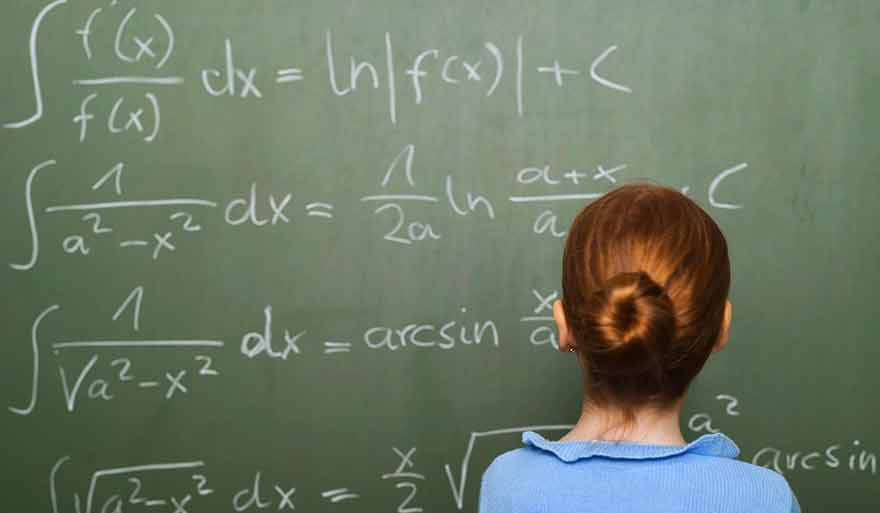Education in France costs 88 billion euros a year, the largest budget of the Republic, to which must be added 30 billion dedicated to vocational training. The problem of education in our country is therefore not a problem of means. Why has our education system broken down? The first 2016 issue of Futuribles proposes a dossier on education and training, through three articles that put this system into perspective where "Modern man relies on the competence of the future to correct the injustices of the present" (1).
The reproduction of inequalities
Ahe first, by Bernard Hugonnier, deals with the reproduction of inequalities through the education system. For some years now, there has been talk in France, if not of downgrading the middle classes, at least of strengthening social reproduction (in the sense that Bourdieu understood it): the French educational and economic system would no longer allow the most modest individuals to progress up the social ladder, while the political and economic elites, for their part, would continue to reproduce themselves, maintaining a logic of social inheritance. Has the social elevator broken down in France?
Clearly, yes according to Bernard Hugonnier, who has examined developments relating to republican elitism in France or, in other words, the way in which the school enables students, through their skills and regardless of their social origin, to join the country's elite. After a reminder of what republican elitism is, its origins and how it can be measured (and compared with what prevails in other countries), the author shows that the French education system today is very inequitable, marked by a strong social determinism, of which the French are increasingly aware. Beyond the failure that can be drawn from this analysis in terms of equal access to the republican elite, this article highlights the indirect consequences that result: loss of confidence in the elite, especially political elites, and a questioning of the truly democratic character of the republic in France. Undeniably, these obstacles to social mobility and the French people's awareness of them are major threats to social cohesion. And in order to tackle them, Bernard Hugonnier tells us, we will have to start by thoroughly reforming the education system.
The influence of international standards
In a second article, Alain Michel looks at the growing importance of certain international standards in the field of education. Indeed, comparative studies on education carried out by various international bodies, public or private, have led to analyses and recommendations that have had a significant influence on national or sub-national education policies. This is particularly the case of the OECD, with its annual publication of indicators and the assessments carried out every three years as part of its Programme for International Student Assessment (PISA), which has had a profound impact in many countries. To this should be added, for the member countries of the European Union, the studies and tools developed by the European Commission through the "open method of coordination".
Alain Michel analyses here to what extent the impact of PISA and that of the European recommendations lead to a certain homogenisation of educational policies and of what are known as curricula, in other words teaching programmes (contents, objectives, modes of evaluation, articulation...). It also examines the relevance of the criticisms levelled at the influence of a vision of education considered too exclusively economistic by the OECD, and the reality of the soft power that this would exert on national education policies - a power that certainly pushes towards convergence, but without standardization of education systems for the time being.
For a reform of continuing education
Finally, in a third article, Paul Santelmann takes stock of continuing education in France. In an economic context strained by the crisis and confronted with rapidly and increasingly changing technologies, adults - whether they are in employment, looking for work or retraining - have (or will have) a growing need to train to adapt to the labour market.
France is no exception to this phenomenon, but its system of continuing training, recently modified, is neither easy to access nor suitable for the groups most concerned by the need for training.
This is what this article shows, which, after reviewing the history of adult vocational training in France, underlines the extent to which the system is fragmented, difficult to understand and indirectly penalised by the still excessively high proportion of initial training. Comparing the French training system with that of some of its European neighbours, the author highlights the difficulties also linked to the administrative organisation of training policy (local and national levels), and to the fact that little account is taken of the aims of training for the groups concerned (working people, companies, etc.).
Paul Santelmann concluded by highlighting the main challenges that France will have to meet in this area, calling for a substantial restructuring of the continuing education system taking into account the needs of the various transitions (digital, technological, energy, etc.) underway in France. Budgetary resources exist; the challenge is indeed one of efficiency.
Will the year 2016 see the provisions aimed at reforming the French education system come to fruition? Will we be fulfilled by the future efficiency of French education? Let us never forget that education is the real bulwark against fanaticism and extremism, because education is the only answer to social and moral misery, as a real tool for individual and collective transformation.

(1) Alain Finkielkraut "Le mécontemporain" (The Contemporary Mechatronic)












